The Role of Identity in Fostering Inclusive Workplaces
As a diversity and inclusion consultant, I understand the challenges that individuals face when trying to create and sustain a more inclusive work environment. One of the biggest challenges is understanding identity and its implications in the workplace.
Identity is a complex and multifaceted concept that is difficult to define. It encompasses both conscious and unconscious aspects of who we are, including our race, gender, sexual orientation, religion, and more. These aspects shape our understanding of ourselves and the world around us, and they play a significant role in determining how we interact with others.
“Identity is a complex and multifaceted concept that is difficult to define.”
Despite its importance, many organizations don’t explicitly consider identity when shaping their culture. This is partly due to the difficulty of putting identity into words, but it's also because society generally does not require us to do so. However, our access to resources and opportunities is closely linked to our identity, making it a crucial factor in determining who is embraced by society and who is not.
Andrew Solomon's distinction between vertical and horizontal identities, in his book ‘Far from the Tree’, is particularly relevant to understanding how identity shapes corporate culture. Vertical identities, such as race and gender, are passed down through DNA or cultural norms and are usually respected by society. Horizontal identities, such as disabilities or sexual orientation, are often seen as flaws and can be a barrier to social acceptance. These differences in how identity is perceived have significant implications for workplace culture.
Leaders bring their own worldviews, shaped by their identities, into the workplace. This means that their values and beliefs are inevitably reflected in the corporate culture they create. Organizations that are not well-versed in the language of identity may struggle to have conversations about unconscious bias, which is based on identity. Without an understanding of identity, it is difficult to recognize and address biases that may be present in the workplace.
The CLU Studio can help organizations to overcome these challenges by providing the language and tools necessary to talk about identity and its implications for workplace culture. By fostering a deeper understanding of identity, organizations can create a more inclusive and equitable workplace that values diversity and respects the unique contributions of each employee.
“Without an understanding of identity, it is difficult to recognize and address biases that may be present in the workplace.”
In conclusion, understanding how identity shapes organizational culture is crucial for creating and sustaining a more inclusive work environment. By acknowledging the importance of identity and working to overcome the challenges that come with discussing it, organizations can create a workplace culture that values diversity and promotes equity. The CLU Studio is here to support you on your journey towards creating a more inclusive workplace. Contact us today to learn more.
CONTRIBUTER
Steffon Isaac
Founder, The CLU Studio
steffon.isaac@theclustudio.com

